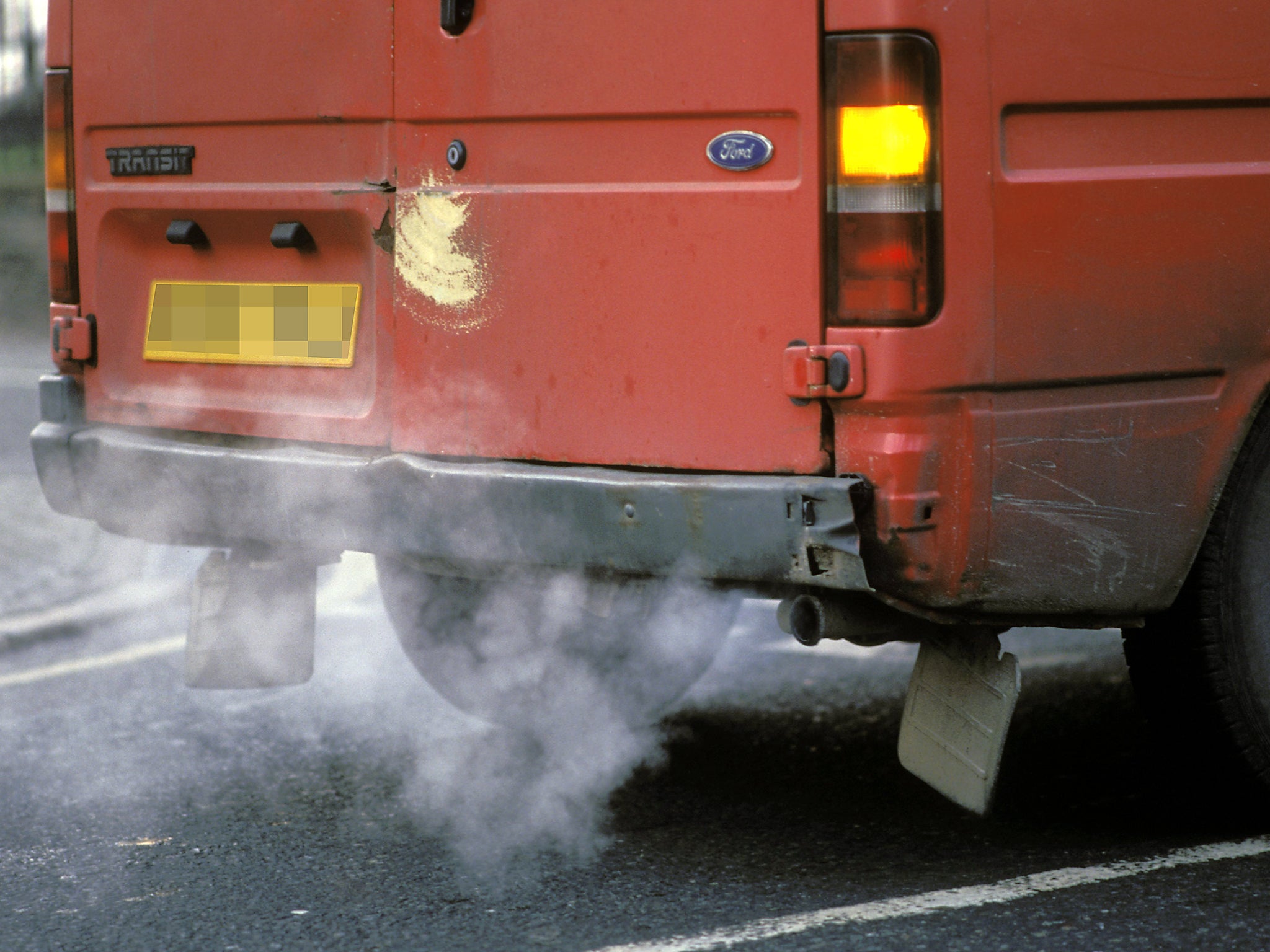Why the Government's plan to ban petrol and diesel cars may not achieve anything
‘The headline grabbing move to ban diesel and petrol vehicles by 2040 is, while welcome, way too distant to tackle the air quality crisis now’

The decision to ban the sale of diesel and petrol cars was always going to grab the headlines.
But the Government is perhaps less keen for people to know that this apparently shocking move may not actually achieve anything at all.
For it will only take effect in 2040, by which time market forces are likely to have largely completed the transition from fossil fuels to electricity-powered vehicles anyway.
While it could be a sign that Michael Gove, the Environment Secretary, is taking the issue more seriously, the recommitment to the ban, which was originally announced in 2011, comes after his predecessors were twice ordered by a judge to come up with a better plan to bring the air we breathe into line with minimum safety standards.
And, earlier this year, the European Union issued the UK with its “final warning” to comply with air quality laws that have been breached for seven years.
Gareth Redmond-King, head of climate and energy policy at environmental group WWF, said the ban might sound good but end up being meaningless.
“The Government’s been failing to comply with this law for seven years and then is setting itself a target so far in the future that it will be delivered even if the Government did nothing,” he told The Independent.
“The signs are all there in the market that this is going to happen anyway.
“The ban is so far away and so unambitious… it’s not sending a big signal to the market and to the car manufacturers.”
That point was echoed by Professor Alastair Lewis, of the National Centre for Atmospheric Science at York University.
“Given the rate of improvement in battery and electric vehicle technology over the last 10 years, by 2040 small combustion engines in private cars could well have disappeared without any Government intervention,” he said.
He stressed the economic arguments for improving the UK’s air quality were “overwhelming”.
“The costs to the economy, through lost productivity and costs to the NHS are measured in the billions of pounds per year, and could well increase further with an ageing population,” Professor Lewis said.
But the ban, which he said was “highly symbolic”, will not solve the problem entirely.
“Electric vehicles have no direct tailpipe emissions but they are still a source of particulate matter from brake and tyre wear and through agitating road dust,” Professor Lewis said.
“There still remain many other urban sources of pollution not only from transport, but also heating, construction, domestic emissions, and external sources of pollution that drift into cities from outside, most notably from the agricultural sector.
“Some other urban sources of pollution are even on an upwards trend, most notably from wood burning stoves.”
Rail unions also condemned the Government’s plan in light of the recent scrapping of plans to electrify parts of the rail network by Chris Grayling, the Transport Secretary.
Mick Cash, RMT’s general secretary, said the newly announced ban “exposes the rank hypocrisy of their decision to shelve long-planned rail electrification works”.
“Puffed up news announcements about plans that are a generation away will not mask the reality of scrapped modernisation programmes on our railways in the here and now,” he said.
Last year, a World Health Organisation report found 10 towns and cities in the UK, including London, Glasgow, Leeds, Nottingham, Southampton and Oxford, had breached what are regarded as safe levels of tiny particles known as PM10. And 39 urban areas also breached the safe levels for a measure of even smaller particles, known as PM2.5.
ClientEarth, a group of environmental lawyers who twice won court orders forcing the Government to come up with a better plan to improve air quality, pointed to the years of delay by the Government – in the past and the future.
Anna Heslop, a ClienthEarth air quality lawyer, said: “Successive governments have failed to protect us from illegal air quality.
“We’ve had to return repeatedly to court to challenge the Government on its weak and incoherent air quality policies and yet, seven years on we are still having to fight to protect people’s health.
“The UK Government has been wasting time and taxpayers money trying to defend the indefensible and failing to take the robust action necessary to deal with what it admits is the largest environmental risk to public health in the UK.
“The headline grabbing move to ban diesel and petrol vehicles by 2040 is, while welcome, way too distant to tackle the air quality crisis now.”
Join our commenting forum
Join thought-provoking conversations, follow other Independent readers and see their replies
Comments
Bookmark popover
Removed from bookmarks